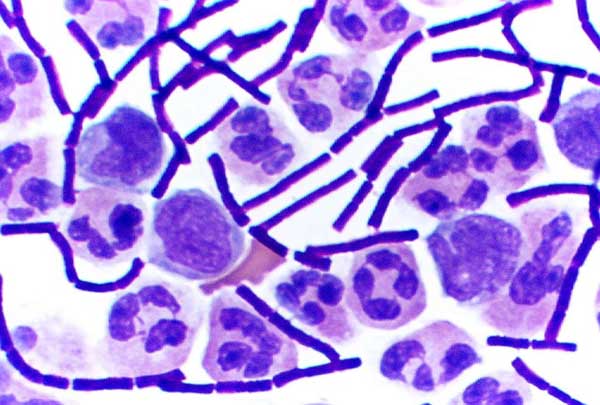|
Arthrobacter Russicus
''Arthrobacter russicus'' is a species of Gram-positive In bacteriology, gram-positive bacteria are bacteria that give a positive result in the Gram stain test, which is traditionally used to quickly classify bacteria into two broad categories according to their type of cell wall. Gram-positive bac ... bacteria. References Further reading *Dodge, Anthony Gerald. Insights Into Microbial Adaptive Potential from Case Studies of Novel Functional Group Biocatalysis and Microbe-metal Interactions. ProQuest, 2008. *Sneath, Peter HA, et al. Bergey's manual of systematic bacteriology. Volume 5. Williams & Wilkins, 1986. External links *LPSN [...More Info...] [...Related Items...] OR: [Wikipedia] [Google] [Baidu] |
Gram-positive
In bacteriology, gram-positive bacteria are bacteria that give a positive result in the Gram stain test, which is traditionally used to quickly classify bacteria into two broad categories according to their type of cell wall. Gram-positive bacteria take up the crystal violet stain used in the test, and then appear to be purple-coloured when seen through an optical microscope. This is because the thick peptidoglycan layer in the bacterial cell wall retains the stain after it is washed away from the rest of the sample, in the decolorization stage of the test. Conversely, gram-negative bacteria cannot retain the violet stain after the decolorization step; alcohol used in this stage degrades the outer membrane of gram-negative cells, making the cell wall more porous and incapable of retaining the crystal violet stain. Their peptidoglycan layer is much thinner and sandwiched between an inner cell membrane and a bacterial outer membrane, causing them to take up the counterstain ... [...More Info...] [...Related Items...] OR: [Wikipedia] [Google] [Baidu] |
Micrococcaceae
The family ''Micrococcaceae'' includes bacterial genera of Gram positive cocci that inhabit the air and skin, such as '' Micrococcus luteus''. Genera The family ''Micrococcaceae'' comprises the following genera: * '' Acaricomes'' Pukall ''et al''. 2006 * ''Arthrobacter'' Conn and Dimmick 1947 (Approved Lists 1980) * '' Auritidibacter'' Yassin ''et al''. 2011 * ''Citricoccus'' Altenburger ''et al''. 2002 * '' Enteractinococcus'' Cao ''et al''. 2012 * ''Falsarthrobacter'' Busse and Moore 2018 * '' Galactobacter'' Hahne ''et al''. 2019 * '' Garicola'' Lo ''et al''. 2015 * ''Glutamicibacter'' Busse 2016 * '' Haematomicrobium'' Schumann and Busse 2017 * ''Kocuria'' Stackebrandt ''et al''. 1995 * '' Micrococcoides'' Tóth ''et al''. 2017 * ''Micrococcus'' Cohn 1872 (Approved Lists 1980) * ''Neomicrococcus'' Prakash ''et al''. 2015 * '' Nesterenkonia'' Stackebrandt ''et al''. 1995 * '' Paenarthrobacter'' Busse 2016 * '' Paeniglutamicibacter'' Busse 2016 * '' Pseudarthrobacter'' Busse ... [...More Info...] [...Related Items...] OR: [Wikipedia] [Google] [Baidu] |
Psychrophiles
Psychrophiles or cryophiles (adj. ''psychrophilic'' or ''cryophilic'') are extremophilic organisms that are capable of growth and reproduction in low temperatures, ranging from to . They have an optimal growth temperature at . They are found in places that are permanently cold, such as the polar regions and the deep sea. They can be contrasted with thermophiles, which are organisms that thrive at unusually high temperatures, and mesophiles at intermediate temperatures. Psychrophile is Greek for 'cold-loving', . Many such organisms are bacteria or archaea, but some eukaryotes such as lichens, snow algae, phytoplankton, fungi, and wingless midges, are also classified as psychrophiles. Biology Habitat The cold environments that psychrophiles inhabit are ubiquitous on Earth, as a large fraction of the planetary surface experiences temperatures lower than 10 °C. They are present in permafrost, polar ice, glaciers, snowfields and deep ocean waters. These organisms can also ... [...More Info...] [...Related Items...] OR: [Wikipedia] [Google] [Baidu] |

